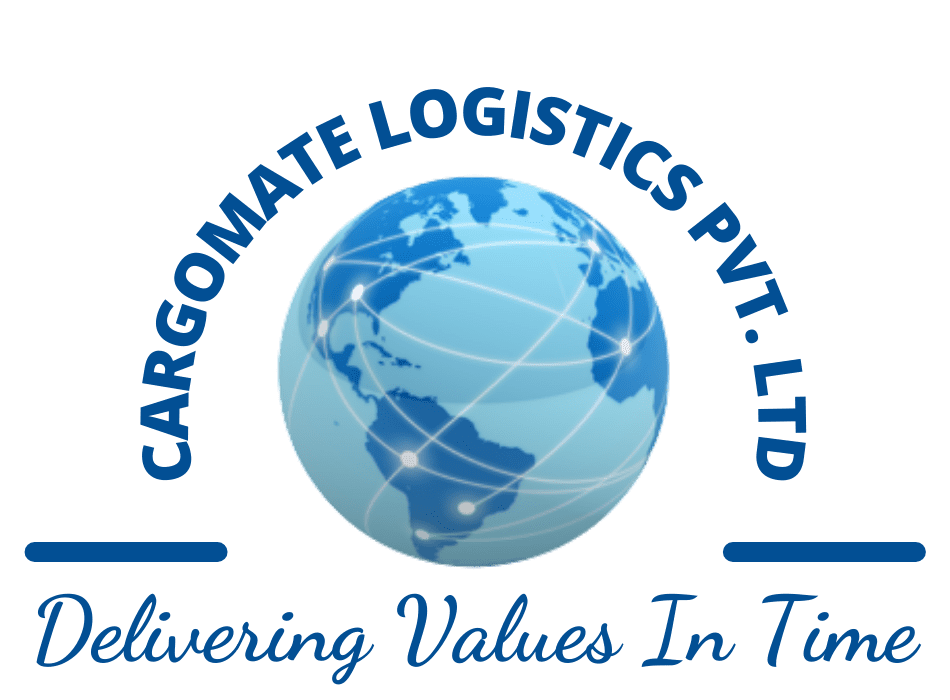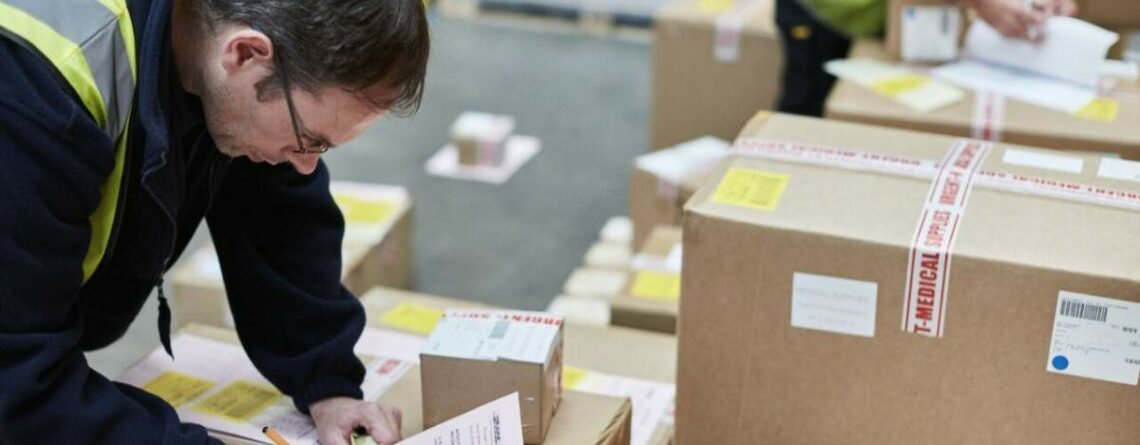What is Custom Clearance?
Custom clearance refers to the process of getting goods through customs authorities in order to import or export them from a country. It involves compliance with various customs regulations, submitting necessary documents, paying relevant taxes, and completing necessary inspections.
Custom Clearance
A customs broker typically handles custom clearance by submitting the required documents and paying any applicable duties or taxes on behalf of the importer or exporter.
The custom broker ensures that the goods comply with the regulations and laws and also verifies the accuracy of the information provided on the declaration form.
Advantages
- It ensures that the importer or exporter complies with the country’s regulations and that the imported or exported goods are legal.
- By paying any applicable duties or taxes, customs clearance helps to ensure that the government is able to collect revenue from the import and export of goods.
- It will avoid delays in delivery
Types of Custom Clearance
The process of passing goods through customs authority to import or export from one country to another is known as customs clearance. There are different types of customs clearance, including:
- Import customs clearance: This is the process of clearing goods imported into a country. It involves submitting the necessary documents and paying the required fees and taxes to the customs authorities.
- Export customs clearance: The process of exporting goods from one country to another involves clearing the goods. It involves submitting the necessary documents and paying the required fees and taxes to the customs authorities.
- Transit customs clearance: This is the process of clearing goods that are in transit through a country. It involves submitting the necessary documents and paying the required fees and taxes to the customs authorities.
- Re-export customs clearance: Re-export clearance is the process of clearing goods previously imported into a country for export to another country. It involves submitting the necessary documents and paying the required fees and taxes to the customs authorities.
- Temporary customs clearance: The process of clearing goods that are temporarily imported into a country for a specified period of time. It involves submitting the necessary documents and paying the required fees and taxes to the customs authorities.
The type of customs clearance required will depend on the nature of the goods being imported or exported, and the laws and regulations of the countries involved.
The process of Customs clearance involves
The Customs clearance process varies by country and goods type. Importers/exporters must provide documentation like commercial invoices, bills of lading & packing lists. Furthermore, a customs office will inspect the goods to confirm their authenticity and compliance with regulations. The process can vary from country to country, but generally involves the following steps:
-
- Preparation of documents: The importer or exporter must provide the necessary documentation before clearing the goods. This may include an invoice, bill of lading, packing list, and any necessary permits or licenses.
- Submission of documents: Depending on the country and specific customs regulations, the shipper or their agent submits the documents to the customs authorities either in person or electronically.
- Examination of goods: Customs officials may examine the goods to ensure that they comply with any safety, health, or environmental regulations. Customs officials may also check if the goods have the correct valuation and if there are any applicable duties or taxes.
- Payment of duties and taxes: The importer or exporter must pay any duties or taxes owed before releasing the goods. The duty and tax amount will depend on the goods’ value, country of origin, and applicable trade agreements.
- Release of goods: The customs clearance process requires documents such as a commercial invoice, bill of lading, and packing list from the importer or exporter.
List of documents required in custom clearance
The required customs clearance documents vary based on factors such as the origin/destination country, transportation mode, and type of goods. However, some common documents that are typically required for customs clearance include:
- Commercial Invoice: The document provides details about the shipped goods, including their description, value, and country of origin.
- Bill of Lading: This document is proof of ownership and contains shipment details such as carrier name, departure/arrival port, and shipment date.
- Packing List: The document lists shipment contents including weight, dimensions, and item quantity.
- Import/Export Declaration: Customs authorities of import/export countries typically require a document with shipment details such as goods value, origin, and destination before clearance.
- Certificate of Origin: This document confirms the goods’ origin and some countries require it for customs purposes.
- Insurance Certificate: The document details the insurance coverage for the goods being shipped.
- Permits and Licenses: Regulatory requirements for shipping goods may necessitate obtaining permits and licenses, based on the type of cargo.
The type of goods being shipped and the country of import/export may determine the specific documents required. Consulting with customs authorities and seeking professional advice is crucial to ensure compliance with all requirements.
Concludes
Overall, custom clearance is an important step in the import and export process. Compliance with regulations and laws is necessary to import and export goods, and it also assists governments in collecting revenue.
FAQs
Ans: Custom clearance is the process of obtaining permission to bring goods into a country from an external source. Ensuring compliance with regulations and laws during import/export is a crucial step that we take seriously.
Ans: A customs broker handles customs clearance, submits necessary documentation, and pays duties or taxes on behalf of the importer or exporter.
Ans: The customs clearance documents, including the commercial invoice, bill of lading, and packing list, are usually provided by the importer or exporter. However, different countries and types of goods may have specific requirements that vary.
Ans: Custom clearance process duration varies based on the type of goods and the country of import/export. It can take several days or even weeks to complete.
Ans: Custom clearance offers advantages like ensuring regulatory compliance of goods and enabling revenue collection from imports and exports.
Ans: Customs clearance has drawbacks, including a time-consuming process that demands extensive documentation and goods inspection. It can also be confusing and complex, particularly for those unaware of the country’s laws and regulations.
Ans: Reputable customs brokers, complete documentation, and readiness to pay duties/taxes can ensure smooth customs clearance.



Leave a Reply